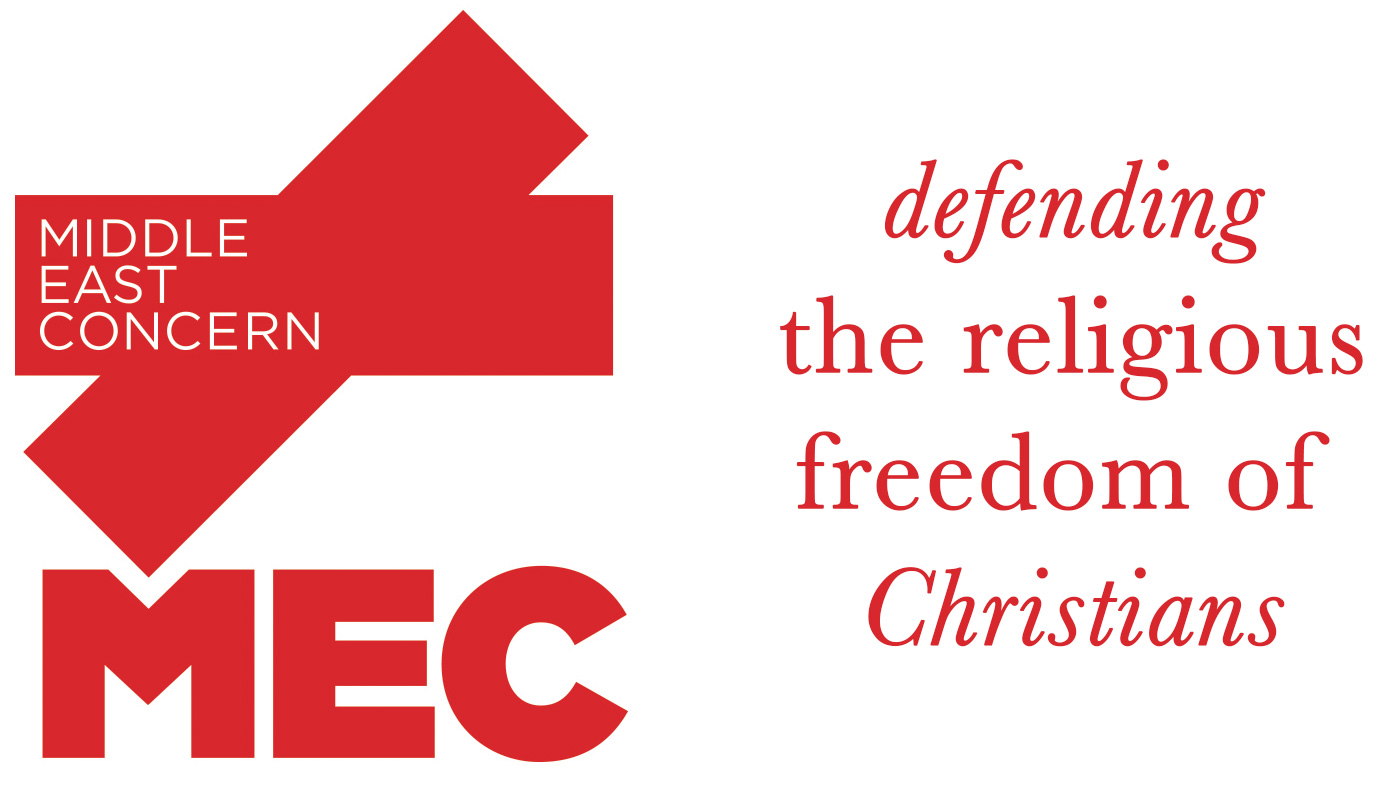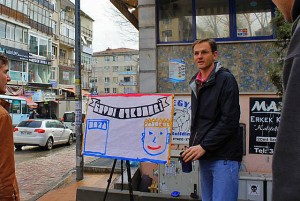Christians in Turkey are very happy and thankful to God that evangelist David Byle has been released from an immigration facility in Istanbul after receiving a deportation order.
As mentioned in a Middle East Concern prayer request on 11th April, David was arrested and taken to a police station after being summoned to the immigration centre regarding an extension to his residency in Istanbul. The Governor’s office then issued three orders against David: a 30-day observation order keeping him detained at the immigration centre, a deportation order and a re-entry ban.
When the order to detain David at the immigration centre was examined by a judge on Thursday 14th April, the judge overturned it due to a lack of evidence and David was freed later that night. David’s lawyer is hopeful that the deportation order and re-entry ban will also be overturned through lack of evidence.
At the immigration centre David had the opportunity to meet many refugees from Afghanistan and Pakistan and a new door of ministry has apparently opened up. David asks us to pray that the director of the immigration centre, a committed Muslim, will be willing to allow David and others to provide the refugees with clothes to replace the ragged items they have worn since fleeing to Turkey.
MAY BE CIRCULATED TO GENERAL MAILING LISTS, OUTSIDE ORGANISATIONS, AND QUOTED FROM FREELY IN REPORTS CITING “MIDDLE EAST CONCERN” AS THE SOURCE OF THE INFORMATION.
Prayer points
Please join Middle East Concern in thanking the Lord for David’s release from the immigration centre and pray:
a. that the deportation order and entry ban will also be overturned
b. that the director of the immigration centre will allow David and others to bring help to the detainees
c. that David’s lawyer will continue to have wisdom to know how to contest the Governor’s orders
d. that God will overrule the injustice against David and make blessing come out of it



